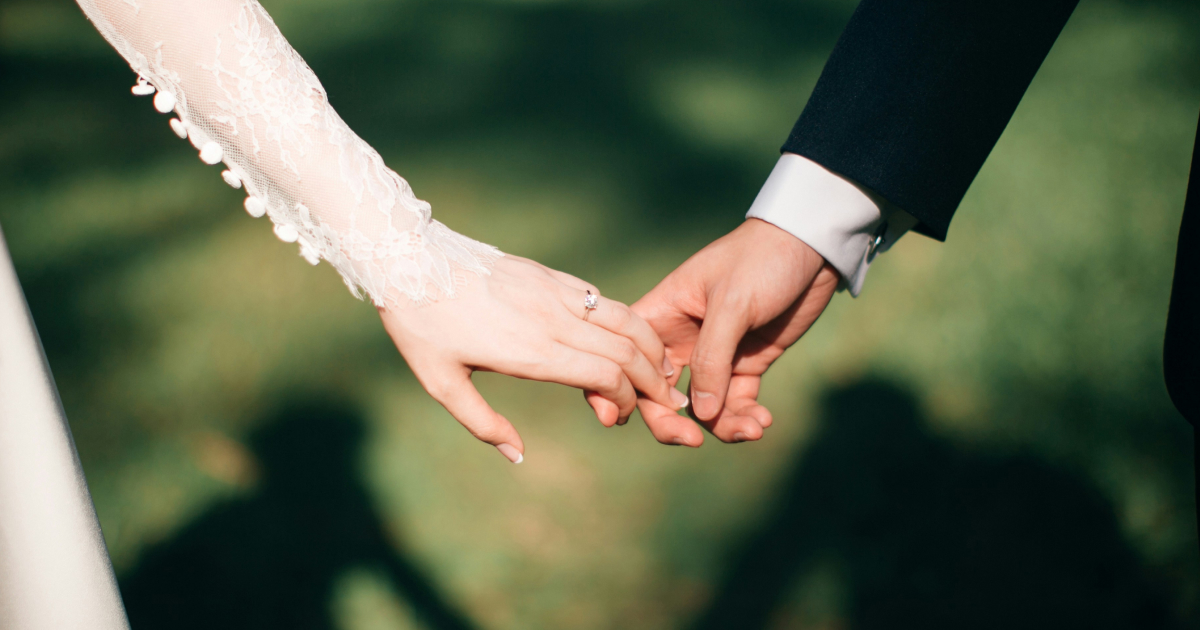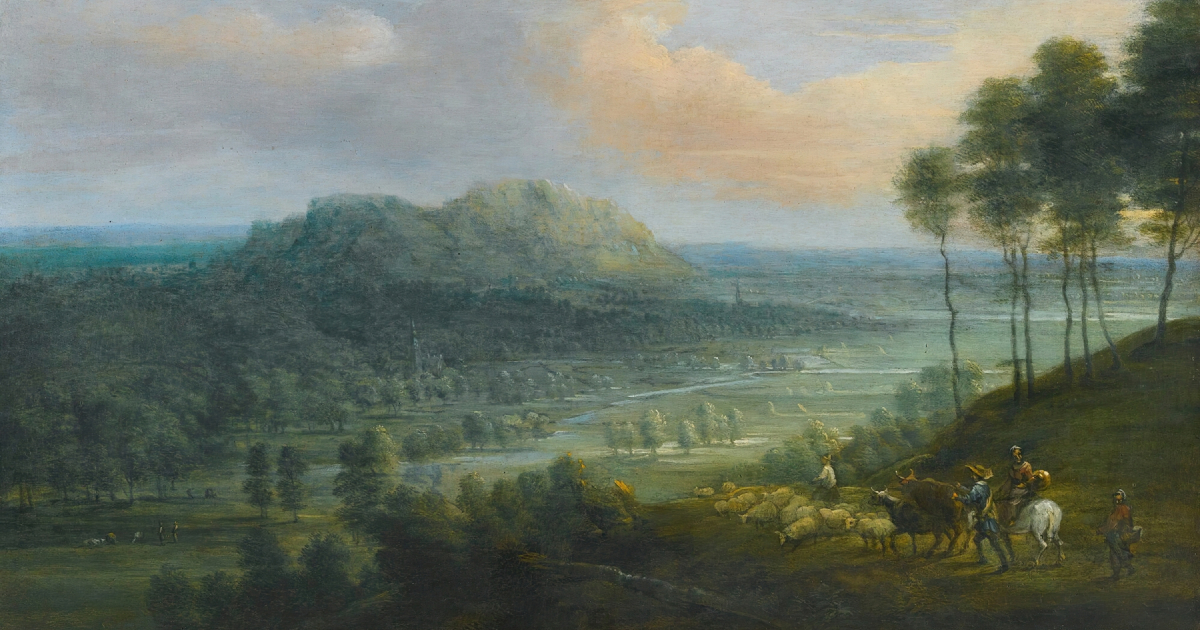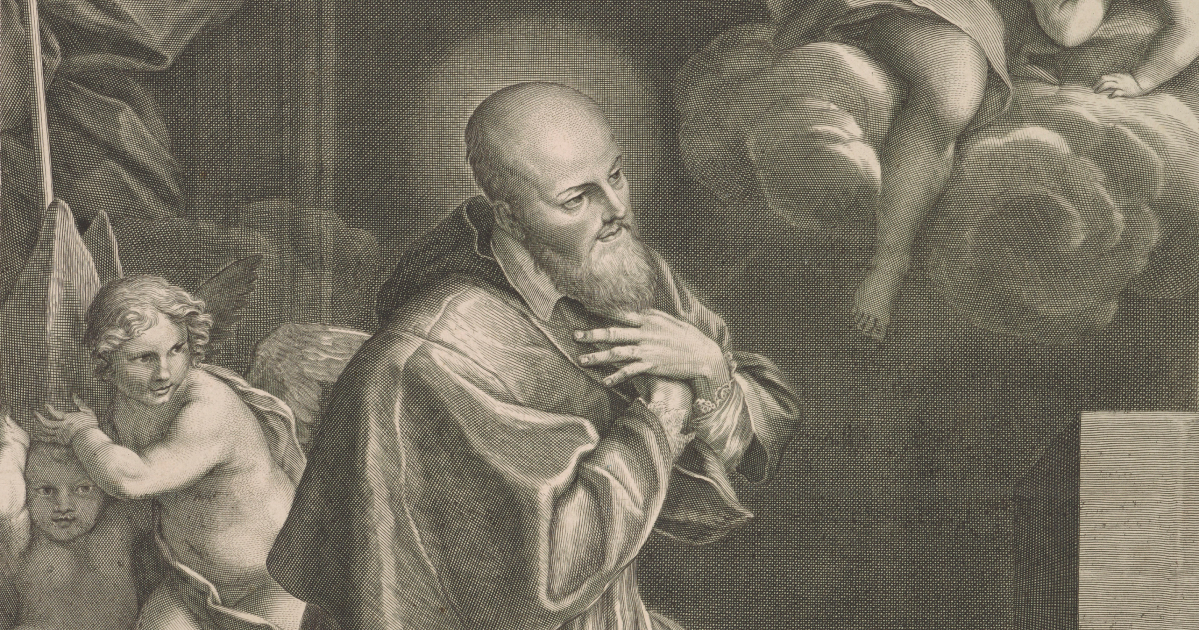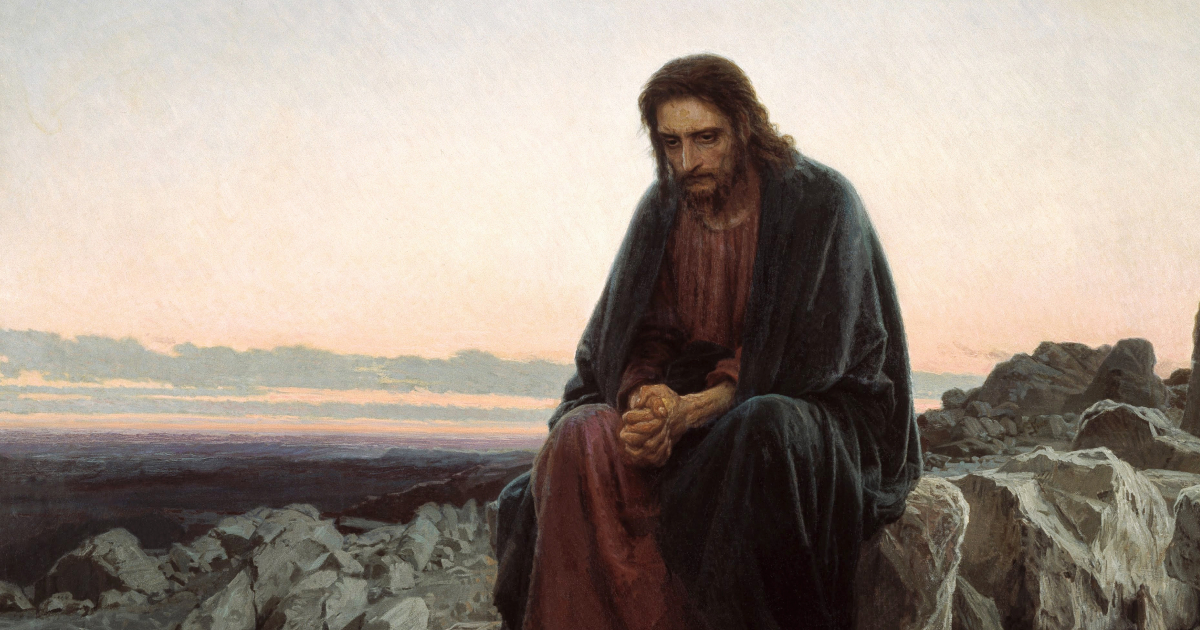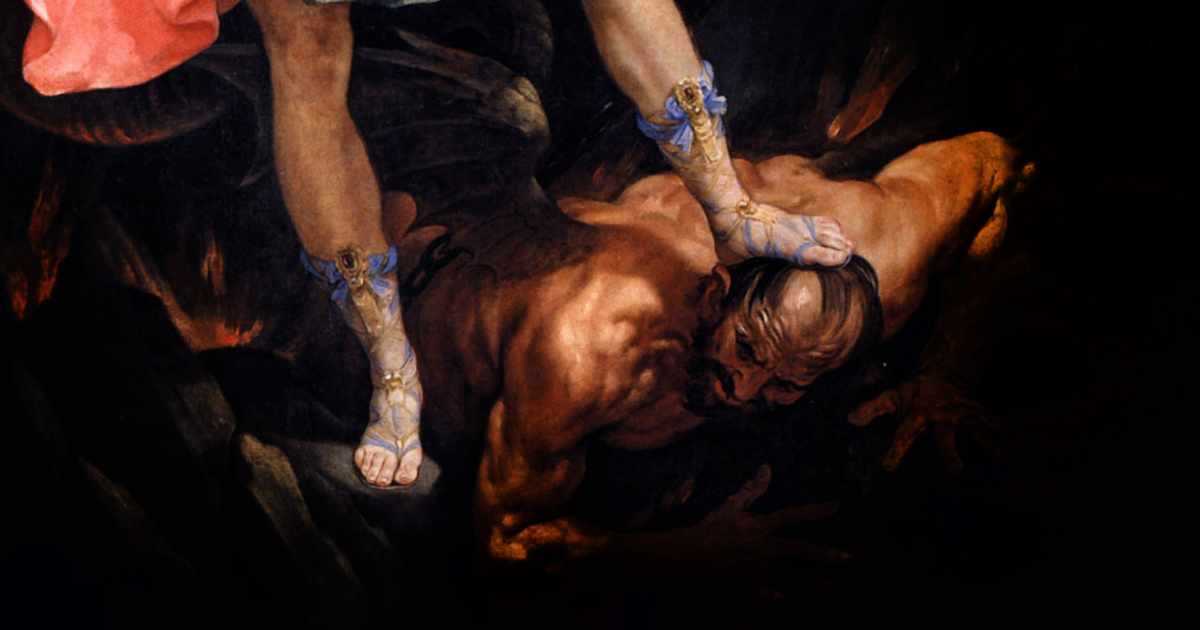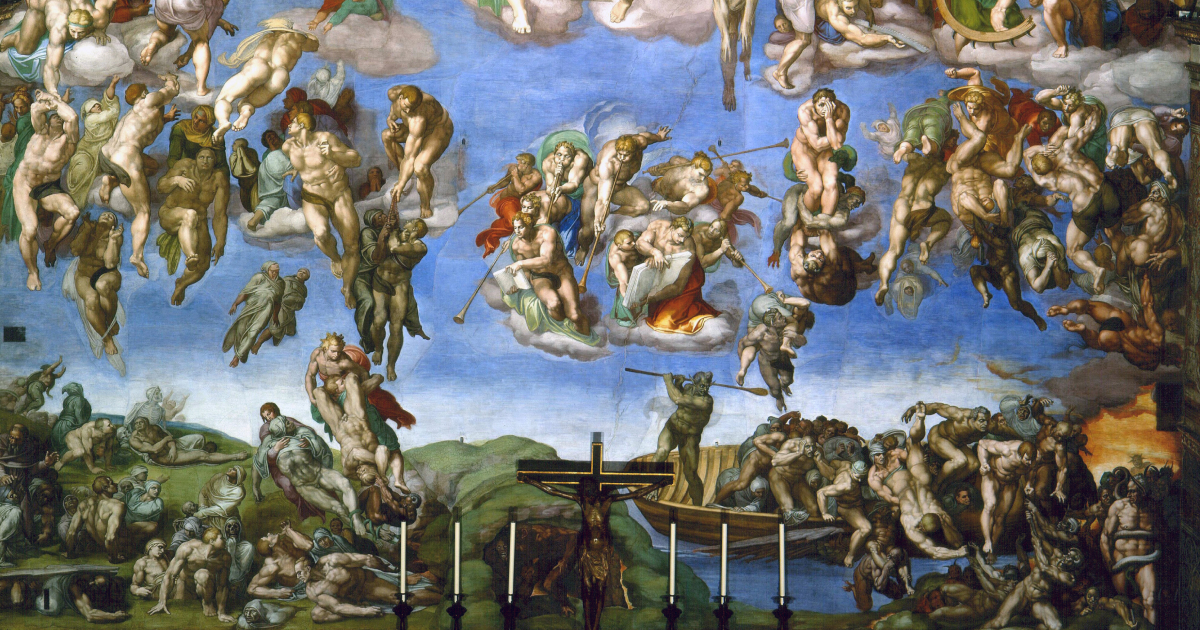Once upon a time, when I was discussing my intention to become a Catholic, an Anglican bishop I knew well sniffed with some practised episcopal elegance and said, “I get just as many coming the other way; it’s just that we don’t crow about it.”
In the last few days the Catholic Church issued a press release informing the world that former Catholic priest Fr Stephen Maughan had, after a long period of discernment, decided to become an Anglican and was being given a job “to continue his ministry” in the Anglican diocese of York.
I have no doubt that Stephen Maughan is an excellent man and a first-rate Christian, but the movement from being Catholic to being Protestant raises very different questions from the movement from Protestant to Catholic.
It seems that one is a journey of gain and the other a journey of loss.
For example, going one way, becoming Catholic, you find that you are motivated by the discovery that the Mass is more than a memorial service and that a supernatural act of transformation takes place in response to the prayers of the Catholic priest.
So what does it mean to go the other way? It cannot be an additional belief, so it has to be a loss of belief: a loss of the belief that the priest has the authority to effect the change in the sacrament, or a loss of belief that this is truly a liturgical event representing the sacrifice of Christ, ever present among us and available to be received and consumed.
Becoming Catholic is a discovery that Christ founded the Catholic Church on St Peter, and that the Catholic Church will never be overcome.
Becoming Anglican is a loss, a disbelief, an exchange of that insight for one that says 10,000 ways of reading the Bible and the 10,000 schisms that attend them are a price worth paying for one’s own opinions.
Becoming Catholic happens when one lights upon the Catechism and finds the resource of the mind of the Church, forged by scripture, tradition, the Fathers, the saints, and the prayers of the Church in a unified, coherent, authoritative whole.
Becoming Anglican involves the loss of that, and its exchange for 39 sixteenth-century statements of repudiation, which involve the odd perspective that holding them requires recognition of the Ecumenical Councils — but with the caveat that the Church will not tell you which ones it believes in, which it disbelieves in, and why. Another loss. Hardly a gain. It further involves repudiation of the Mass that Fr Maughan celebrated throughout his life as a Catholic priest as “a blasphemous fable”, and replaces it with a memorial event whose metaphysical and liturgical character no one can quite agree on.
Becoming Catholic involves the discovery of authoritative teaching on ethics that goes back to the Apostles and is practised with a common mind, a common authority and an undisputed clarity.
Becoming Anglican means losing any coherent ethical teaching by an ecclesial community in which different factions believe different and opposing things, and campaign against one another to impose their perspective with as much political muscle as they can manage. In answer to the question “What is the Anglican position on (name any ethical issue)?” the answer is, “The church does not have one.”
Becoming Catholic means having access to the sacrament of reconciliation, and receiving forgiveness on making one’s confession with the authority of Christ delegated to his apostles and their successors.
Becoming Anglican means that most of the church disbelieves in the sacrament of confession, repudiates it, and that those who do adopt it lack the authority to forgive sins, their orders being null and void.
But there are gains to becoming an Anglican minister. One gains the freedom to have a sexual partner (of either sex — see the celebrations over the recently appointed lesbian Archbishop of Wales). One gains a stipend, an annual income of £29,500.
So on the debit side, a considerable loss of belief; on the credit side, the opportunity for money and sex.
I know nothing about Fr Maughan, except that he has offered himself generously as a Catholic parish priest for many years up until this moment, for which many have cause to be deeply grateful.
And in his case, let us assume that neither money nor sex plays any part whatsoever in motivating his move from the Catholic Church to the Anglican ecclesiastical community.
He has made no public statement about what motivated his move. Which again is a difference between the journeys. New Catholics cannot stop talking about their discoveries: intimacy with Our Lady and all she stands for and does in response to one’s devotions; joy at the astonishing phenomenon of the Mass and associated Eucharistic miracles; gratitude and admiration for the successor to St Peter and the Petrine office; delight in the purity, power and universality of the Latin liturgy; and a certain euphoria in being part of a community of 1.4 billion now, and a community of holiness and supernatural phenomena that mark the presence of the Holy Spirit linking us to the greatest of the Christian saints in each generation across time.
New Anglicans? Not much to say about Mary, except that one becomes surrounded by people united mainly in a determination not to “pray” to her or treat her as anyone particularly special. No great enthusiasm for the encounter with Holy Communion and its theological ambiguities attempting to unite Calvinists and Lutherans without excessive conflict. There may be some admiration for the Archbishop of Canterbury, but Justin Welby was not a universal inspiration except amongst those who admired managerial know-how. And at the moment, it is not clear the Church knows how to effect the appointment of his replacement. It is true the Church of England does have liturgy, the poetic high point of which may be the phrase, “And also with you” — except when it does not, which is very often. Perhaps there is a refreshing intimacy in being a member of a congregation of thirty-five people (the C of E average), for those who like refreshing intimacy.
Of course, speaking personally, I remember with nostalgia that Anglicans have access to hymns by Wesley, poetry by George Herbert, and prayers by John Donne, all of which can hold their own in any ecclesial company of any time or place. But I do not believe I have ever heard a Catholic convert to Anglicanism speak with relish of this newly obtained access to this spiritual resource, though I think they should.
In the absence of any statement of celebration and discovery by the former Fr Maughan, we cannot say anything helpful about his own discernment, joy and motivation, though we want to stand in solidarity with the integrity of his pilgrimage and journey. In reality, the public silence of Catholic converts to Anglicanism also leaves us at a bit of a loss to know how to celebrate their journeys. Disbelief and repudiation, however committed one is to the spirituality of the via negativa, do not offer the easiest material for celebration.
In the end, Catholic conversions speak for themselves in the joy, clarity and discovery of faith they announce. Anglican conversions, by contrast, are often marked by silence, perhaps because it is difficult to celebrate what has been lost.





.png)


